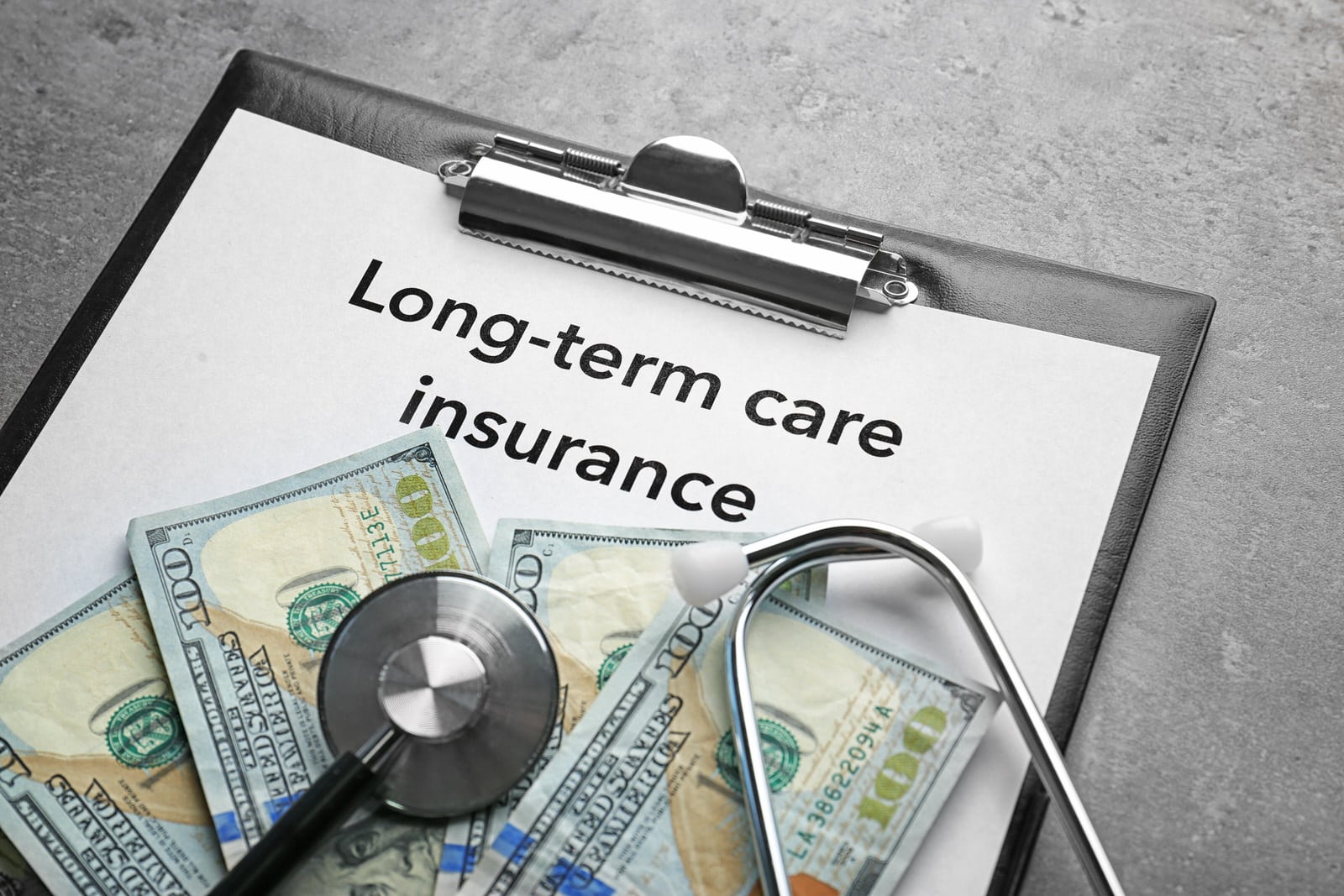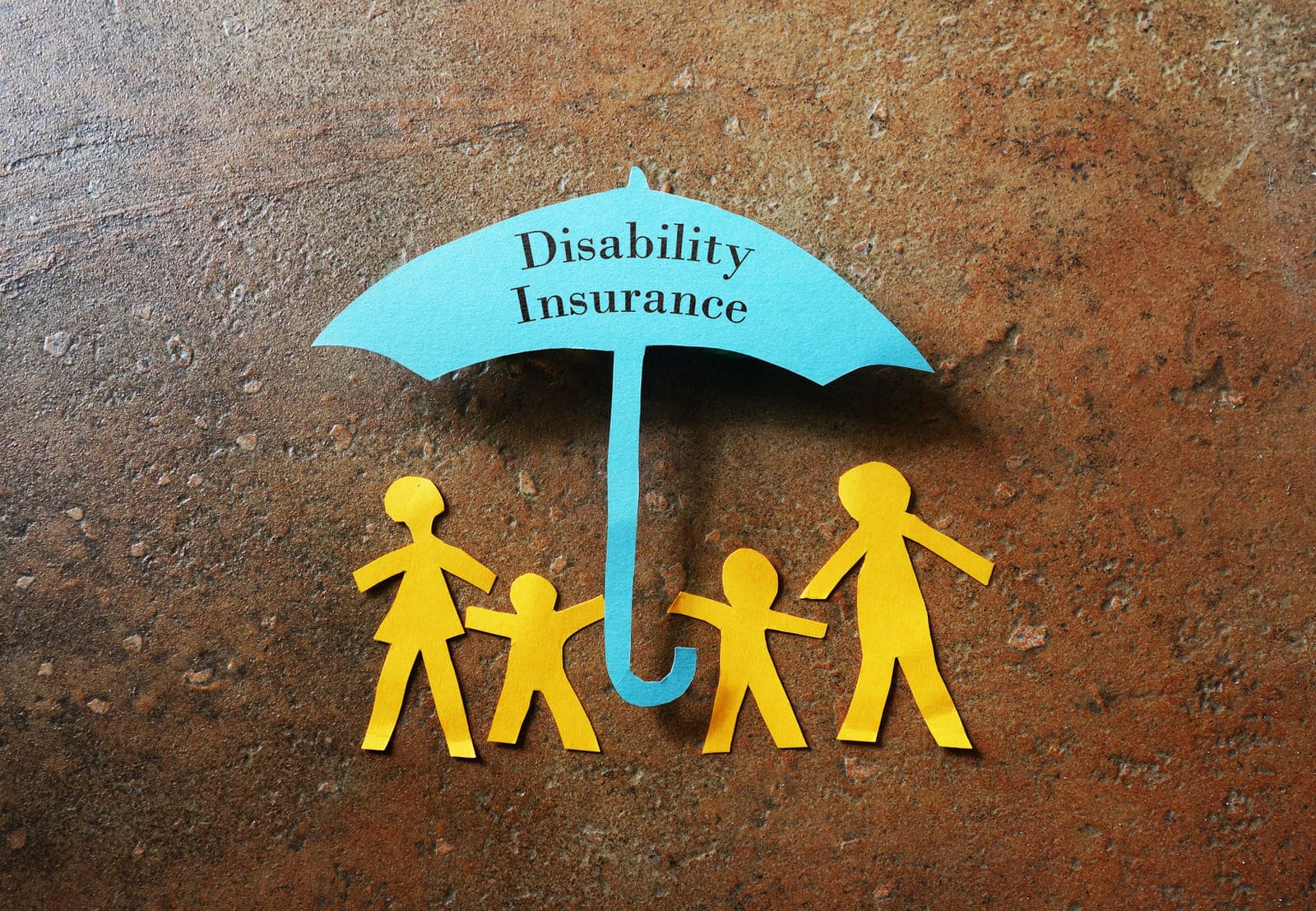A rule of thumb suggests individuals put between 1 to 4% of your annual income towards Disability insurance to protect you and your family's income in the event of an injury or illness that limits your ability to work. Thinking about your overall monthly living costs and future financial goals (like saving for retirement) will help you calculate how much coverage you need. While your premiums are not tax-deductible, they will be tax-free if you receive any benefits resulting from an injury or illness.
Your greatest asset is the ability to earn a living.

Long-Term Disability Insurance
Long-Term disability insurance is the best option if you become disabled because it provides income protection for a portion of your income. Use that to keep paying your mortgage/rent, car payments or other daily expenses. Accurate quotes begin by us getting to know your unique situation. Are you a professional in a specialized industry who's completed a lot of training? There are policies tailored to your unique situation.
Who Me? Disabled?
Can't I just use my "rainy day fund?"
How likely are you to become disabled?
On average, if you saved 10% of your income every year, one year of not being able to work will wipe out 10 years of savings. The typical long-term disability policy covers 60% of your base salary and it's tax-free. Workers' Compensation only covers illness & injury that is directly work-related.
More Americans have Life Insurance than Disability Insurance. However, you are 3 to 5 times more likely to experience a long-term disability during your working years. A 35 year old has a 50% chance of a 90+ day disabled period before the age of 65. One in seven people can expect to become disabled for 5 years or longer.
How long do benefits last?
What are long-term disabling events?
The shortest benefit period is two years, with five years being the most common. There are even term lengths available to take you to retirement age. Disability insurance may also help you avoid bankruptcy associated high medical bills from treatment.
Commonplace long-term disabling events include:

